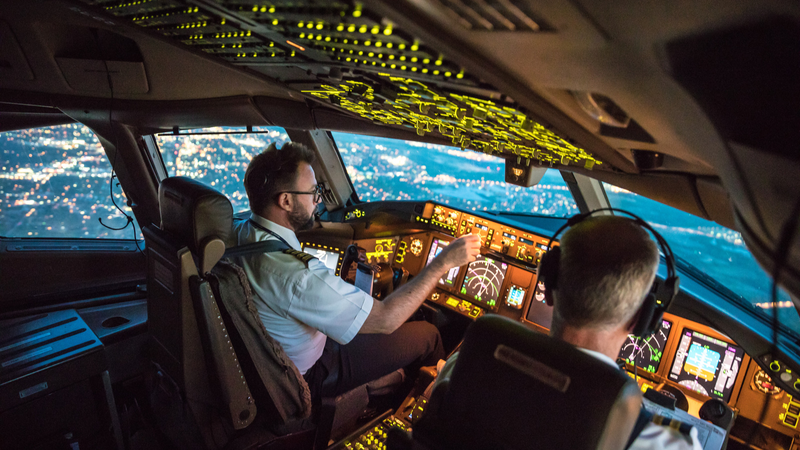
PHILADELPHIA (KYW Newsradio) — More than 20 years after 9/11, secondary cockpit barriers are still not required on all passenger planes. Advocates hope that will change this year.
"The vulnerability on the flight deck has been identified and is not contested by anyone," said Ellen Saracini.
The Saracini Enhanced Aviation Safety Act is named for Ellen’s husband, Capt. Victor Saracini, who, along with his copilot, was murdered on Sept. 11, 2001, when five al Qaeda operatives hijacked United Airlines flight 175. In all, 60 passengers and crew were killed when the plane crashed into the south tower of New York City’s World Trade Center.
In 2018, President Donald Trump signed a version of that bill that required newly made aircraft to have a secondary barrier installed to prevent a similar cockpit breach, but Saracini says every aircraft needs one.
"If Congress has realized that there is that vulnerability — which they have, because that's why they passed the legislation on new aircraft — we have to make sure that every passenger, crew member and any potential target is protected from a breach just like what happened on Sept. 11," she said.
She has been pushing for decades to add a second barrier to the flight deck. She says the FAA is aware of its effectiveness.
"They're the ones who also put out an advisory circular that specifically says to the airlines when the cockpit door opens up, that the flight deck is vulnerable," Saracini said.
The largest pilot union in the word says the barriers are "critical for security."
The new bill, which Pennsylvania Congressman Brian Fitzpatrick introduced on the House floor this week, would expand the added protection requirement to all planes.
Congress is set to reauthorize FAA funding in October. Saracini hopes the secondary barriers will finally be mandatory for all planes.

